
Most people suffering from epilepsy face their first seizures before they turn 20. These are basically children who have huge difficulty adapting to their condition, admitting they are ill and dealing with all the burden this neurological condition carries. In order to achieve all the mentioned the child must be strongly supported by his/her parents.The Underlying Causes of Epilepsy
Many times the cause of epilepsy remains unknown. In children the condition may result from meningitis or encephalitis. It is also possible for seizures to occur if there are certain malformations of the brain, problems with the child's metabolism or a severe injury to the head. Difficult birth is another potential cause of epilepsy in children.
Who is to Blame?
Many parents blame themselves for the child's condition. They also wonder whether their genetic material is the reason why their child is now suffering from epilepsy. Even though only one type of epilepsy is actually linked to certain genes ( juvenile myoclonic epilepsy), the condition is actually not inherited and this removes the blame from parents. The doctor may help parents and reveal the actual cause of the condition, if there is identifiable one. However, many times the actual cause of epilepsy remains a mystery.
Epilepsy Coping and Support
Parents are taught how to recognize seizures and how to behave. During seizures the child is supposed to be rolled gently onto one side. Then, parents should put something soft under the child's head. It is essential not to put fingers or anything else in the child's mouth. Also, the child should not be restrained while having seizures. Many people mistake and try to rouse the affected individual by shaking or shouting, which is wrong. If during the attack the child moves, parents must remove all dangerous objects which may cause injury. By staying calm parents will do all the necessary and also be able to memorize all the data regarding the attack and later inform the doctor about timeline of the event.
Apart from parents all people from the child's surrounding must be familiar with the condition.
Also, it is important not to let epilepsy constrain the child. He/she may continue living normally, participating in different activities. The child should also grow without being too much indulged. This way he/she will be more independent. By being familiar with the condition people may get rid of negative reactions and misconceptions. Regular check-ups are also of great importance and in case seizures eventually stop and do not return for certain period of time, the treatment may be discontinued.


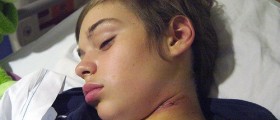

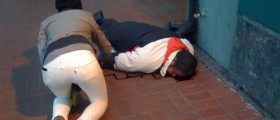


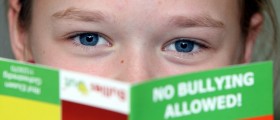



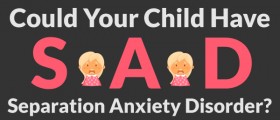



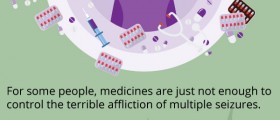

Your thoughts on this
Loading...